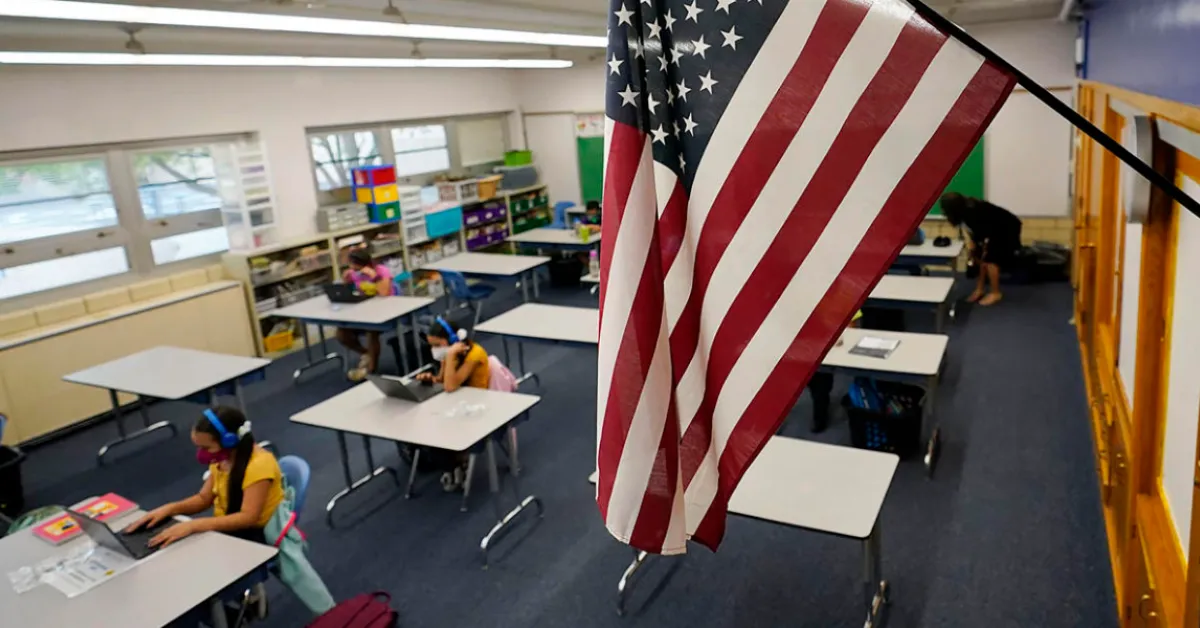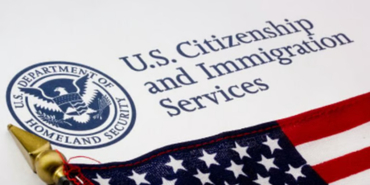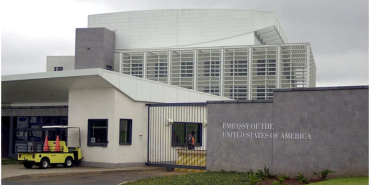US Schools Face Rising Anxiety as Trump's Immigration Policies Trigger Attendance Drop

In recent months, immigration-related anxieties have surged within educational institutions across the United States, driven largely by policies enacted during the Trump administration.
Reports of potential immigration enforcement actions at schools have intensified fear among families, even in instances where such alarms were unfounded. For example, rumours of imminent raids in Fresno, California, prompted widespread panic among parents, despite the absence of any credible threats. Conversely, a genuine immigration raid in Denver resulted in increased absenteeism, highlighting the tangible impacts of these policies on student attendance.
The repercussions of Trump's executive orders, which expanded the criteria for deportation and eliminated restrictions on immigration enforcement in educational settings, are evident nationwide. As schools confront heightened anxiety levels among families, including those with legal immigration status, some officials are actively working to reassure immigrant families about their children's safety. However, misinformation has at times increased tensions, as seen in Alice, Texas, where a misunderstanding by a school official led parents to believe that Border Patrol might check students' immigration status on school buses.
These tensions have rendered it challenging for families to differentiate between fact and rumour. For instance, in the Alice Independent School District, misinformation regarding potential citizenship checks during school field trips sparked unnecessary fears, underscoring the urgent need for clear communication from school officials. The experience of families like Angelib Hernandez from Aurora, Colorado, illustrates the ongoing struggles related to immigration policy.
Fearing immigration agents' presence in schools, she has opted to keep her children at home since Trump's inauguration. Despite pursuing legal avenues to maintain her residency status, the evolving immigration landscape contributes to her anxiety. Beyond individual stories, the implications of immigration policy resonate across entire school districts. Denver Public Schools have filed legal action against the Department of Homeland Security, arguing that the federal government's enforcement activities have disrupted the educational opportunities for migrant children.
The impact is evident, as attendance has significantly declined in Denver schools with large immigrant populations, exacerbated by a raid at a local apartment complex. Debates concerning the access of undocumented immigrants to public education are intensifying nationally. In Oklahoma, a proposed rule requiring proof of citizenship for school enrollment was recently vetoed by the governor, yet it mirrors a broader trend in legislation that targets undocumented students.
Tennessee lawmakers have introduced a bill that would allow school districts to deny admission to undocumented students, challenging the long-standing principle of providing education to all children, regardless of immigration status. The ramifications of these policies are considerable. According to estimates from Fwd.us in 2021, around 600,000 K-12 students in the US lack legal status, and nearly 4 million have at least one undocumented parent.
Research indicates that immigration raids tend to negatively affect academic performance, leading to lower attendance rates and test scores among Hispanic students in areas with active immigration enforcement.
Fresno serves as a case in point, where attendance has noticeably declined since the onset of Trump's presidency, fueled by ongoing fears of immigration raids. This climate of fear extends beyond families who are undocumented, influencing those with legal status who worry about their loved ones' security.
In response to these challenges, initiatives to support affected families are being implemented. The Fresno Unified School District, for instance, has stepped up its efforts by providing resources to educate families about their rights and preparing them for potential deportation scenarios.














Add new comment